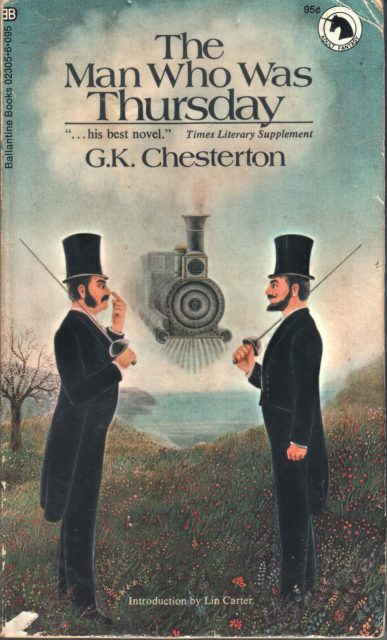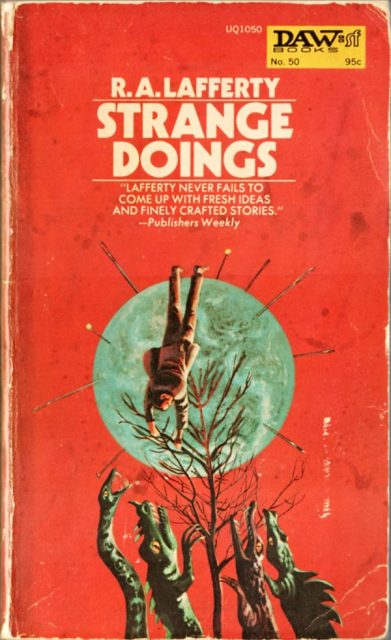Since you can’t do much gardening outdoors in February, you might as well read some books. One I regularly consult is Henry Beard‘s Gardening: A Gardener’s Dictionary, illustrated by Roy McKie. Beard may be familiar as the author of such works as Latin for All Occasions and Zen for Cats. Those with long memories might remember him as the most reliably funny writer at National Lampoon and as one of the scholars responsible for the volume variously known as Nuda Pierścieni, Loru sorbusten herrasta, or Bored of the Rings. He’s also an expert on bad golf.
Gardening has been out of print for years, but used copies are available for reasonable prices. Here are a few of the definitions.
Yard
1. (penology) dusty open area where hard labor is performed. 2. (horticulture) dusty open area where hard labor is performed.
Vermiculite
Obscure order of nuns dedicated to gardening. Like other devotional orders, the sisters take the traditional vows of chastity, poverty, and obedience, but in keeping with the demanding nature of their calling, the Vermiculites are the only such group with a special dispensation to drink, smoke, swear, and throw things.
Rot
Gardening advice.
Pest
Any creature that eats green vegetables without being compelled to.
Narcissus
Wonderful, early-blooming flower with an unsatisfactory plural form. Botanists have been searching for a suitable ending for years but their attempts — narcissi (1947), narcissusses (1954), narcissus for both singular and plural (1958) and multinarcissus and polynarcissus (1962, 1963) — haven’t enjoyed any real acceptance, and thus, gardeners still prefer to plant the easily pluralized daffodil or jonquil.
Jack-in-the-Pulpit
The state flower of Maryland. Shortly after being named, the designation was challenged by atheist groups who sued to have it removed on the constitutional grounds that its selection promoted religion. In a compromise that appears to have pleased no one, the plant was retained but officially renamed “Fred-in-a-phone-booth.”
Hose
Crude, but effective and totally safe type of scythe towed through gardens to flatten flower beds and level vegetable plantings.
Grape
Uninteresting larval stage of wine.
Garden
One of a vast number of free outdoor restaurants operated by charity-minded amateurs in a effort to provide healthful, balanced meals for insects, birds, and animals.
Fence
Wire barrier erected to protect garden produce against animal pests that lack wings, paws, teeth, or brains, and cannot leap, tunnel, climb, or fly.
Brochures and Catalogs
Forms of entertaining fiction published by nurseries, seedsmen, and tool manufacturers.
Bluegrass
Rare lawn condition in which normally brown, crisp lawns develop odd patches of a sort of hazy green growth. Don’t be alarmed! These strangely colored areas usually disappear within a few weeks.
Autumn
Delightful season that runs from the disposal of the last zucchini to the arrival of the first catalog.




